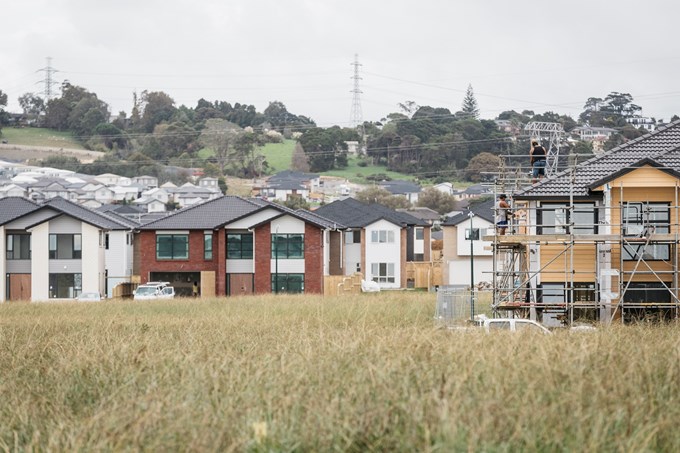With the 1 July deadline for landlords to insulate their rental properties approaching, there’s a lot to organise if your property isn't already up to scratch.
Insulation needs to be correctly installed as even small faults can compromise performance or create hazards. Do your research before booking someone to install your insulation.
Here’s some key information to help:
How much will it cost?
Expect to pay around $18-23 a square metre to install ceiling insulation and about $19-25 a square metre for underfloor insulation.
We would recommend getting a minimum of 2-3 quotes from different installers.
Cheapest does not always mean best - insulation is an investment and it pays off in the long run to get good quality insulation that is long-lasting.
Are there payment options available?
There are finance options available to help landlords reduce the upfront cost of insulation, such as Auckland Councils Retrofit Your Home scheme.
Some banks such as ANZ offer interest-free home loan top-ups for insulation.
Who is a qualified installer?
Use a trained professional installer who:
- Works to the New Zealand Insulation Installation Standard NZS 4246:2016
- Has completed the Insulation Installer training of the Insulation Association of New Zealand (IAONZ).
Where can I find qualified installers?
Several places.
A reliable option is installers who work for Auckland Council’s Retrofit Your Home scheme (list found in this information pack) or the government’s Warmer Kiwi Homes programme, as they go through regular work quality audit checks.
Other trustworthy options are installers who are members of the Insulation Association of New Zealand or the Community Energy Network.
What type of insulation products do installers offer?
Generally, your choice of insulation products includes fibreglass, polyester, polystyrene, cellulose or mineral fibre and wool.
Before deciding, talk to the suppliers and find out the following about the different products:
- Does the product lose effectiveness if it gets damp?
- Will it eventually 'settle', that is, slowly collapse, and become less effective?
- Is exposure to it hazardous to your health?
- Has an independent body such as BRANZ appraised or endorsed it?
- Is it recyclable or biodegradable in a landfill?
- Is there a guarantee?
- What is the expected lifespan?
Established businesses will have evidence-based reasons for offering specific insulation products and should be able to back up product quotes with data and building science
How do I decide on a product?
More important than the materials the insulation is made of, is the insulation's 'R value’. The R value is the effectiveness of the insulation. The higher the R-value the more heat it stops from escaping.
Landlords are required to insulate to R2.9 in the ceiling and R 1.3 underfloor according to the New Zealand Building Code levels.
More information on required R levels can be found here.
If you’re insulating, it’s worth investing in a higher R value than the required minimum, for greater warmth and wellbeing.
Can I install insulation myself?
Yes, you can. See these resources for more information:
- Mitre 10 video on installing ceiling insulation
- Mitre 10 video on installing underfloor insulation
- Detailed instructions on how to install insulation from Standards NZ
Be aware that there need to be safety gaps between insulation and heat sources like recessed downlights, chimneys, flues or extractor fans for fire safety
For more information on insulation go to Auckland Council’s Healthy Homes page
Extra tip – with so many landlords insulating properties at the moment, there’s currently an insulation supply shortage. So, we suggest you contact insulation providers and installers to get on the waiting list as soon as possible!
This is the third in a series about insulating your property, find out more information on what the requirements mean and assessing your property


